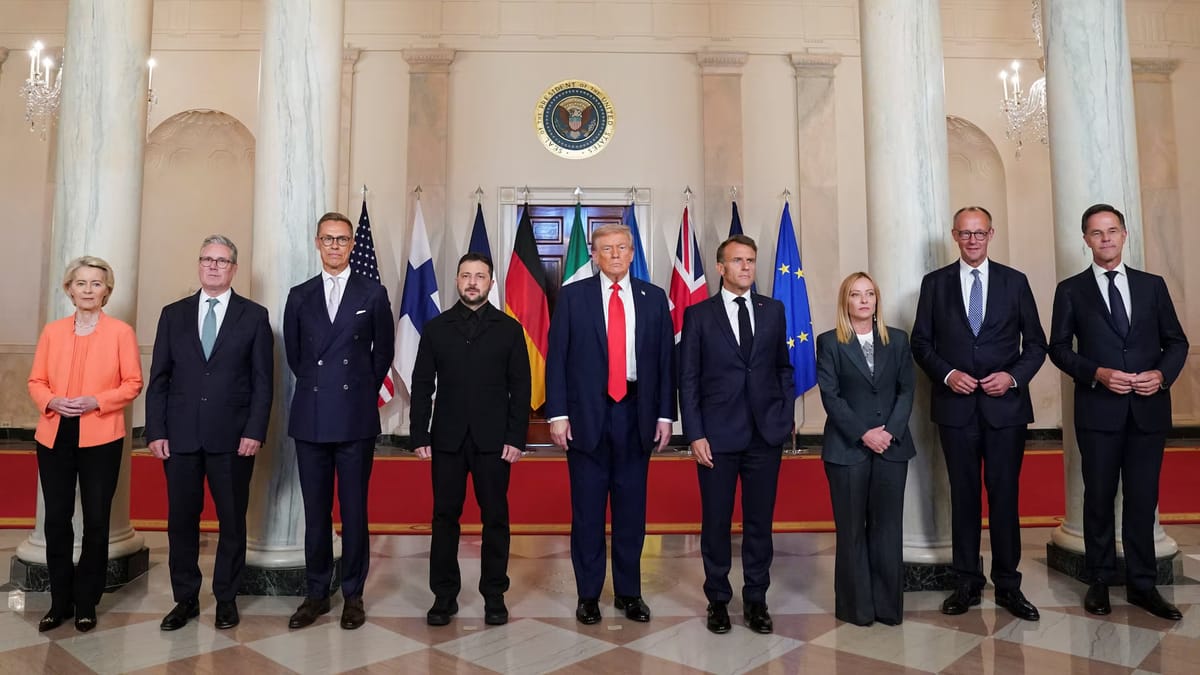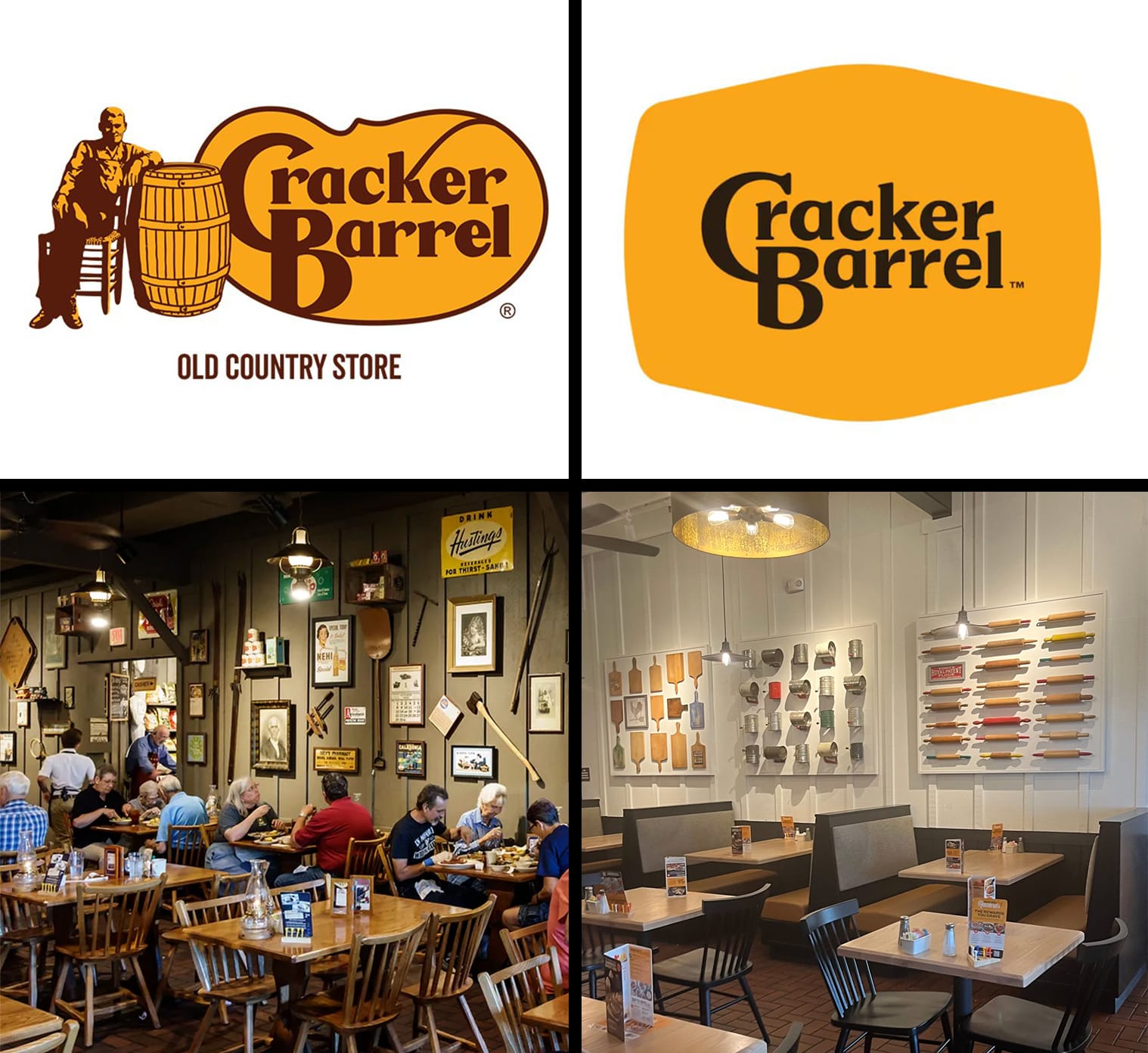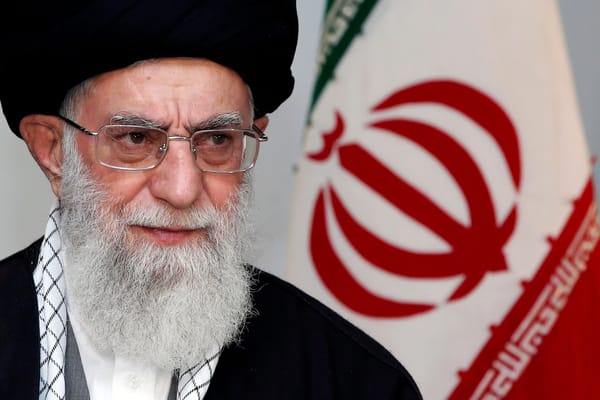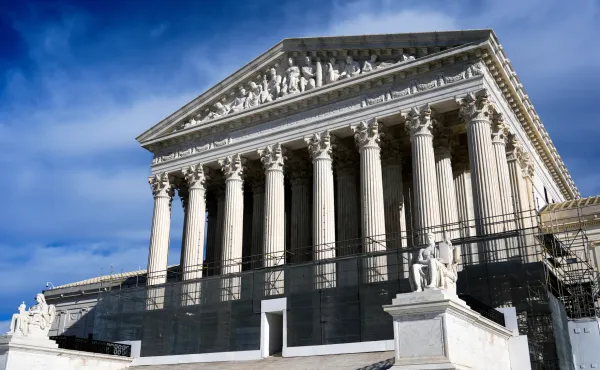White House Hosts Ukrainian and European Leaders

President Trump welcomed Ukrainian President Volodymyr Zelensky and European leaders at the White House this week to discuss a potential peace deal between Russia and Ukraine.
The day's most dramatic moment came when President Trump called Russian President Vladimir Putin directly from the Oval Office with the full European delegation present. The 40-minute conversation resulted in what Trump called “arrangements for a meeting” between Putin and Zelensky, potentially within the next two weeks. This would be followed by another summit including Trump himself.
Key developments from the summit include President Trump's openness to provide post-war security guarantees to Ukraine, while stopping short of putting American boots on the ground, and discussions on what the post-war map would look like.
The meeting marked a stark contrast to Zelensky's February visit, with the Ukrainian president calling it his best meeting with Trump to date.
In the days since the meeting, Russian Foreign Minister Sergey Lavrov has downplayed the prospect of an immediate Putin/Zelensky meeting, stating that a meeting between the two leaders could only occur after all major components of a peace agreement are worked out by diplomatic delegations, and accusing Ukraine of being inflexible in Washington talks and hindering peace progress.
And a sticking point will certainly be the nature of the security guarantees provided to Ukraine, with the Ukrainians pushing for security agreements similar to NATO’s Article 5 (which considers an attack on one member of the alliance as an attack against all), and the Russians remaining firm against NATO troops in Ukraine, making a counter-proposal for one of their own allies to be a part of the security guarantees.
President Trump said Thursday that Ukraine couldn't get the upper hand without striking targets inside Russia. Shortly after, Ukraine hit Russia’s largest oil pipeline for a second time with U.S.-made missiles. The pipeline carries Russian oil to several countries in Eastern Europe.
Despite the apparent peace overtures, the war remains as volatile as it’s ever been.
Other News
💰 U.S. Takes 10% Stake in Intel: The government plans to convert $8.9 billion in Biden-era CHIPS Act grants and a promised Department of Defense grant from the Secure Enclave program into a non-voting equity stake in Intel. This move would make the U.S. government one of the struggling chipmaker's largest shareholders. The move raises questions on the role of big government in big business. As the administration seeks to incentivize domestic production of semiconductors for national security reasons and get a return on what it sees as a bailout program in the CHIPS Act, critics say it risks turning from laissez-faire fiscal policy and toward state-run capitalism.
🔍 FBI Raids John Bolton's Home and Office: The former Trump national security adviser's home and office was searched as part of a criminal investigation by the FBI. After falling out with the former president over foreign policy disagreements, Bolton has been an outspoken critic, writing a memoir in 2020 which became the subject of an investigation over its use of classified documents. (That probe was later dropped under the Biden administration.) The search warrant has not been released, and no charges have been brought, so it is as yet unclear what led to this raid.
🗳️ Democrats Face Registration Crisis: A New York Times analysis across 30 states that track party registration reveals Democrats lost 2.1 million registered voters between 2020-2024 while Republicans gained 2.4 million. “I don’t want to say, ‘the death cycle of the Democratic Party,'” DecisionDeskHQ’s Michael Pruser said of the findings, “but there seems to be no end to this… There is no silver lining or cavalry coming across the hill. This is month after month, year after year.”
🚔 D.C. Crime Crackdown: The influx of national guardsmen and federal agents into the nation’s capital has led to over 700 arrests as of Friday, including 36 immigration-related arrests on Thursday alone. The President says he plans to employ a similar strategy in other cities, with Chicago being the next likely location.
🚛 U.S. State Dept. Ends Work Visas for Foreign Commercial Truck Drivers: Following a deadly crash in Florida where a foreign-born semi truck driver made an illegal U-turn, killing three people last week, the State Department has frozen work visas for truckers. Back in May, Transportation Secretary Sean Duffy signed an order to enforce English proficiency standards for truck drivers. 28-year-old Harjinder Singh had a commercial driver’s license issued in California, and when US marshals arrested him after the crash, he failed an English language proficiency test, “providing correct responses to just two of 12 verbal questions and only accurately identifying one of four highway traffic signs,” a transportation department spokesperson said.
🏛️ Texas Democrats Return for Special Session: Democratic lawmakers ended their quorum break and returned to the state legislature for a second special session after blocking a redistricting vote. The redistricting plan favored by President Trump and Texas Republicans has passed the legislature and will become law with Governor Abbot’s signature.
🥞 Cracker Barrel Rebrands: The beloved Americana icon Cracker Barrel restaurant chain lost nearly $100 million in market value following backlash over retiring its iconic overall-clad mascot for what long-time patrons see as a soulless, minimalist aesthetic. Three marketing agencies partnered to give Cracker Barrel a facelift that came off more like a faceplant, as stocks plunged on the rollout. And a popup event with influencers in New York City didn’t resuscitate the brand’s previously rural appeal. Reports are that the company has long lost sight of the values of its customers and turned to “wokeness.”






